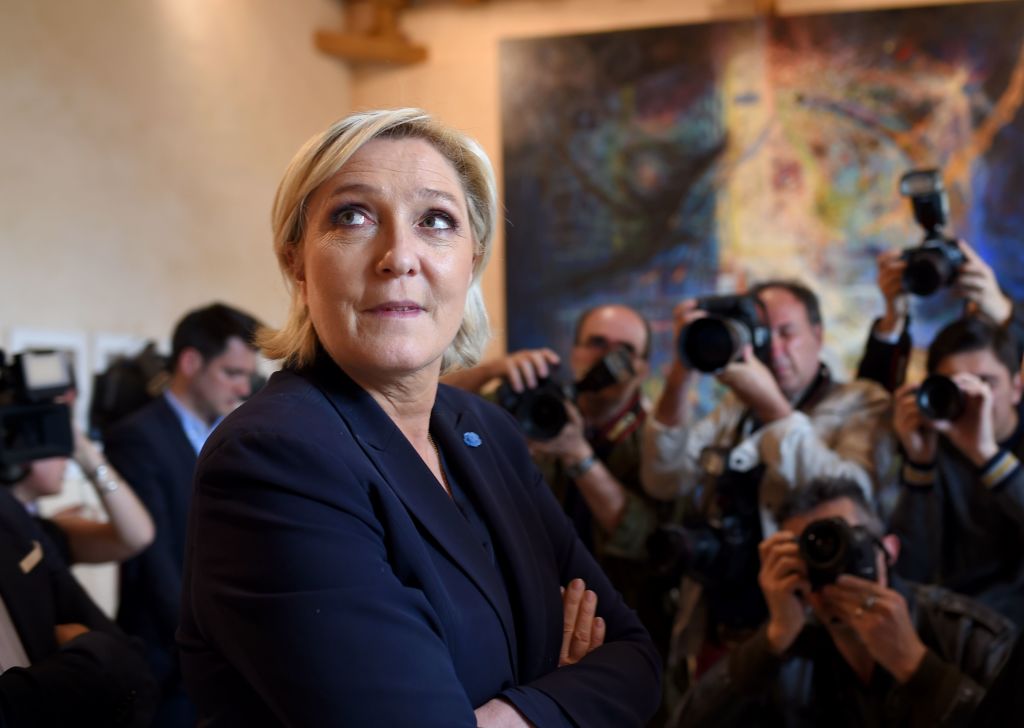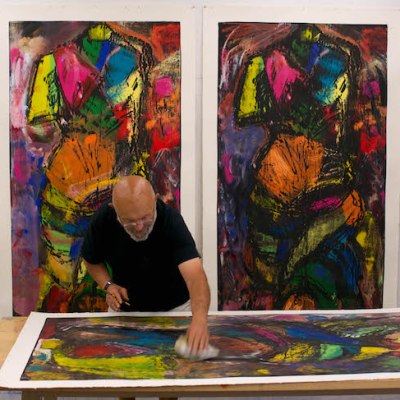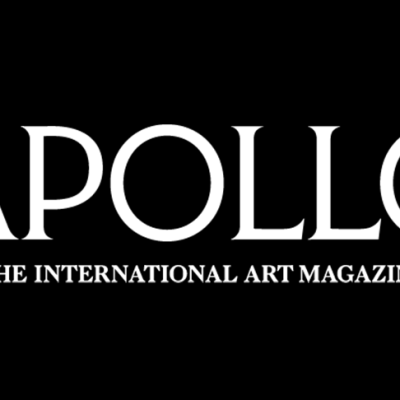In France, culture is always political, and never more so than during a presidential election campaign. So it is no surprise that culture is a battleground between the two finalists in the second round: the centrist Emmanuel Macron and Marine Le Pen from the far-right Front National.
I saw the French cultural world up close as British Ambassador in Paris. It was clear that a wide range of French people see their rich artistic and cultural heritage, and the French language, as a core part of their identity. That is why France has fought so hard over the years in world trade talks to establish the principle of ‘cultural exception’, that culture is not like other commercial products and that France must be free, for example, to subsidise French-language cinema.
The French Ministry of Culture and Communications has a huge budget of €10 billion a year. Around half of this goes to state broadcasting, and the rest is spread widely in the form of subsidies to arts organisations, museums, heritage sites, artistic creation in many fields and arts education at school. The present government has increased the culture budget in recent years. Some of it has gone to museums and art organisations to make up for the shortfall in tourist visitors after the terrorist attacks and a fund has been created to subsidise the wages of part-time technical staff in theatres and concert halls who have mounted a series of crippling strikes.
So the state is prominent in the art world in France, making cultural policy a lever all presidents use to promote their own agenda. The two candidates this year have starkly different visions of the role of culture in reducing the widespread sense of malaise in French society.
Le Pen is promoting the message that there is a single, patriotic, French history and culture. She wants to instil this in every French child through arts education at all levels in school, including music and song to transmit French traditions to a new generation. She would pursue a protectionist approach, seeking to prevent the sale of historic buildings and major works of art to foreigners, and using state funding to increase the profile of ‘popular’ art produced in France as an alternative to what she calls ‘official art’ in public galleries.
Macron, by contrast, sees art and culture as part of the rich diversity of France, and wants to encourage young people to make the most of it. The opening part of his manifesto is devoted to education and culture, with the landmark proposal of a €500 ‘culture pass’ for every 18-year-old, to be spent on books or tickets to theatres, galleries and cinemas. He wants libraries to stay open in the evenings and Sundays, and to stimulate a wider range of arts events working with local associations. He has pledged not to remove a single centime from the current budget of the culture ministry, to invest more in the creative industries, and to promote arts education in schools and universities.
The candidates would probably agree that French culture is exceptional and should be promoted. But they have very different views on what that culture is. In culture, as in so many other areas, the vote on 7 May will be decisive for France’s future direction.
Peter Ricketts was British Ambassador to France 2012–2016 (@LordRickettsP).



